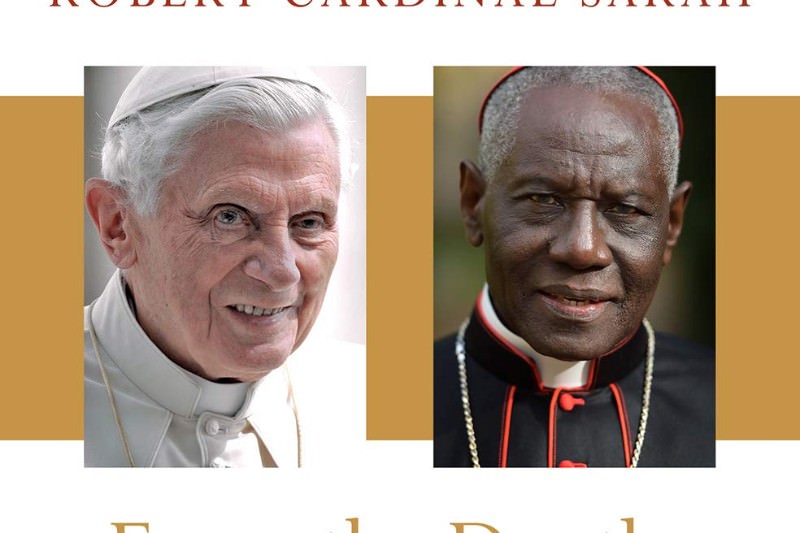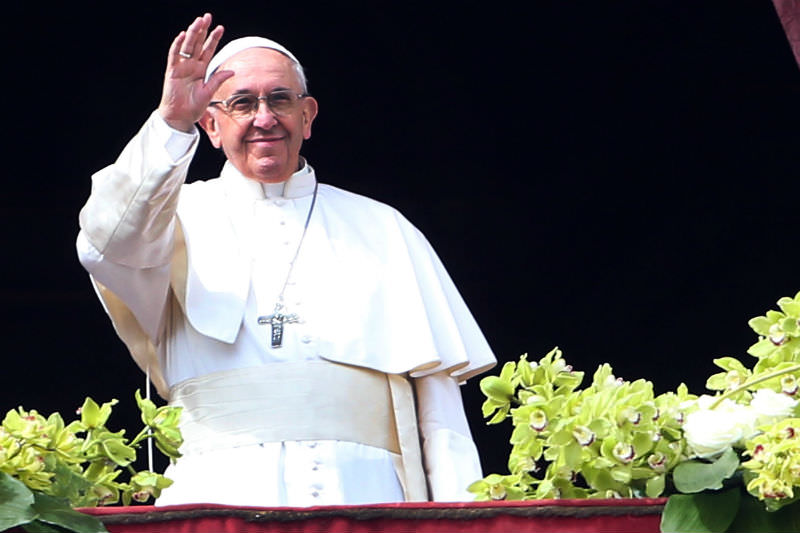Keywords: Plenary Council
-

RELIGION
- John Warhurst
- 10 September 2020
66 Comments
What is happening at the moment is that certain bishops are condemning members of the church renewal movement as pressure groups pushing an agenda, while ignoring the well-known fact that groups with other agendas are widespread within the church.
READ MORE 
-

RELIGION
- John Warhurst
- 25 February 2020
7 Comments
Approaches to governance are in flux within church agencies, sectors, dioceses and at the national level, either driven by the demands of state regulations or in response to the challenging new situation the church finds itself in. There is so much change going on that it is difficult to follow.
READ MORE 
-

RELIGION
- John Lochowiak
- 24 February 2020
17 Comments
Pope Francis’ 'Querida Amazonia' (Beloved Amazonia) has been warmly received by many members of the Aboriginal and Torres Strait Islander Catholic community. The tone of the exhortation is reflective of the position that underpins our vision for the Church in Australia — a Church that is open to the gifts of First Nations Catholics, honest to the past and embracing of a new way of thinking that utilizes the principle of subsidiarity.
READ MORE 
-

RELIGION
- John Warhurst
- 28 January 2020
57 Comments
Australia's bishops have yet to demonstrate the new openness to the Catholic community necessary for a successful Plenary Council. Their inclination to secrecy remains an impediment. They just don't get transparency as a virtue and they have twice demonstrated their adherence to old ways of doing things in recent months.
READ MORE 
-

RELIGION
- Nick Brodie
- 16 January 2020
55 Comments
Cardinal Sarah's scandal-causing book arguing against changes to the rule of mandatory celibacy was a transparent attempt to thwart proposals coming out of the Amazonian Synod of 2019. Whatever the fallout, it should not be allowed to scare Australia's bishops off from discussing the subject during Plenary Council 2020.
READ MORE 
-

RELIGION
- John Warhurst
- 11 December 2019
52 Comments
What's going on within the Catholic Church always matters more widely given its size and power. Lay participation in leadership, especially of women, is a major social issue. Observers of social trends should watch this space for its wider public policy implications.
READ MORE 
-

RELIGION
- John Warhurst
- 14 October 2019
8 Comments
The royal commission concluded that child safety, in all its organisational ramifications, raised questions of culture and governance for the church. If the Plenary Council 2020 doesn't take such issues seriously then it will be one indicator that the momentum around last year's official national apology has slowed.
READ MORE 
-

RELIGION
- Andrew Hamilton
- 09 October 2019
11 Comments
For Catholics who are interested in the Australian Church, its future and the Plenary Council, this is essential reading. Given its focus on governance, it may also be of interest to a wider audience. Many of the strains of dysfunction it finds in Church governance are similar to those in public life in Australia and internationally.
READ MORE 
-

RELIGION
- Andrew Hamilton
- 18 September 2019
12 Comments
Pope Francis has insisted that the urgent need to care for the natural world of which we are part is not a disputed question but a Christian duty. He has appealed to the legacy of St Francis of Assisi, whose name he took when he became Pope; that saint of the 13th century who is popularly known best for his love of nature.
READ MORE 
-

RELIGION
- Paul Collins
- 04 September 2019
42 Comments
Anyone in the past who called attention to these issues was accused at best of exaggeration'. Getting Back on Mission points out that until the church accepts good governance characterised by accountability, transparency, inclusion and a recognition of the equality of women, it will continue its culture of clericalism and secrecy.
READ MORE 
-

RELIGION
- Andrew Hamilton
- 05 August 2019
48 Comments
The inclusive and consultative processes in the early stages of preparation for the Plenary Council are a vast improvement on previous practice. They express the desire to involve Catholics in the council. If they are simply dropped on completion and not kept alive in the church, however, the trust they have engendered will be lost.
READ MORE 
-

RELIGION
- John Warhurst
- 24 July 2019
80 Comments
Whatever the legitimate logistical and financial challenges, the Australian church leadership should move heaven and earth to put on an event in which delegates and observers, bishops, religious and laity, traditionalists and reformers are free to mingle and interact in the best spirit of collegiality and joint discernment about the future.
READ MORE 